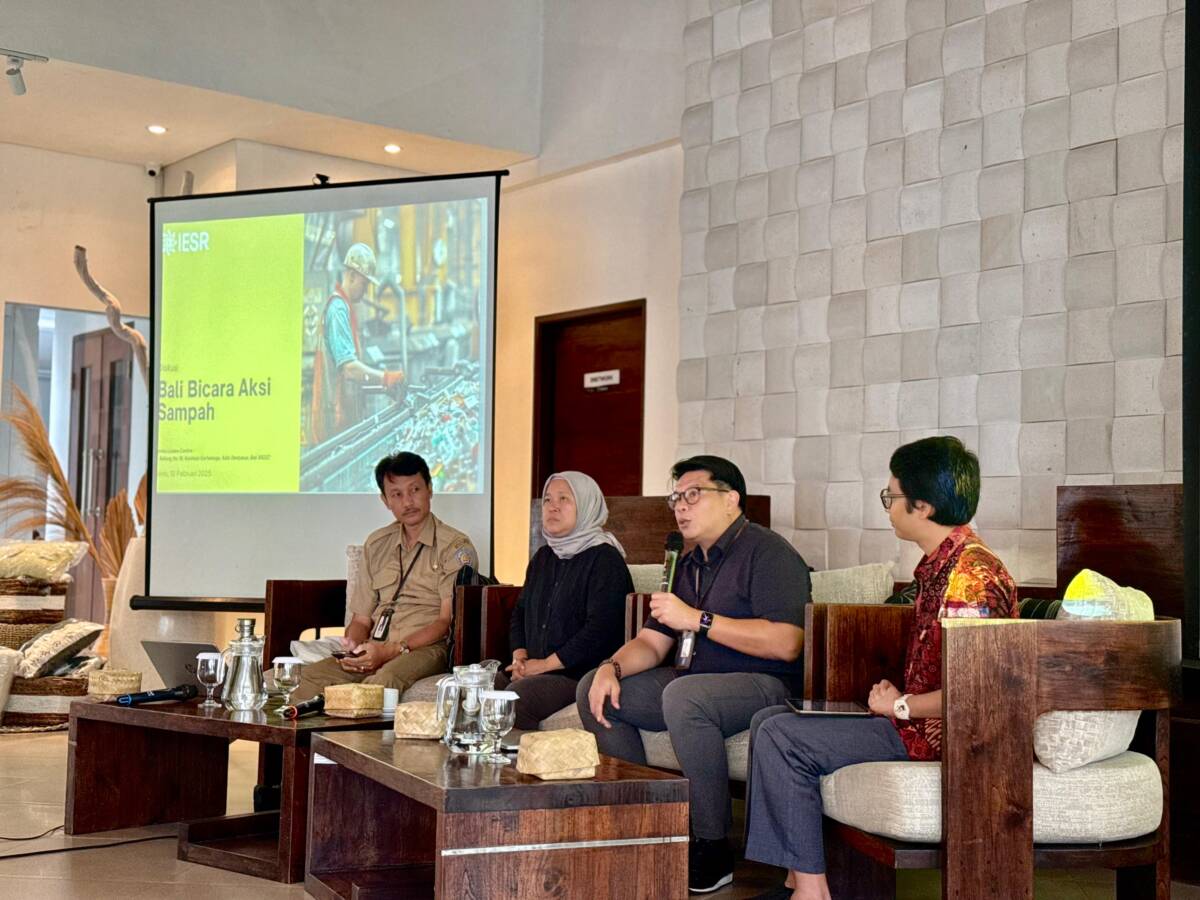
Solutions to Bali’s Waste Crisis: Reducing Waste at the Source and Developing Waste Management Infrastructure
Bali, February 11, 2025 – Bali’s waste management crisis requires immediate priority handling to prevent environmental, social, and economic impacts... Read more.
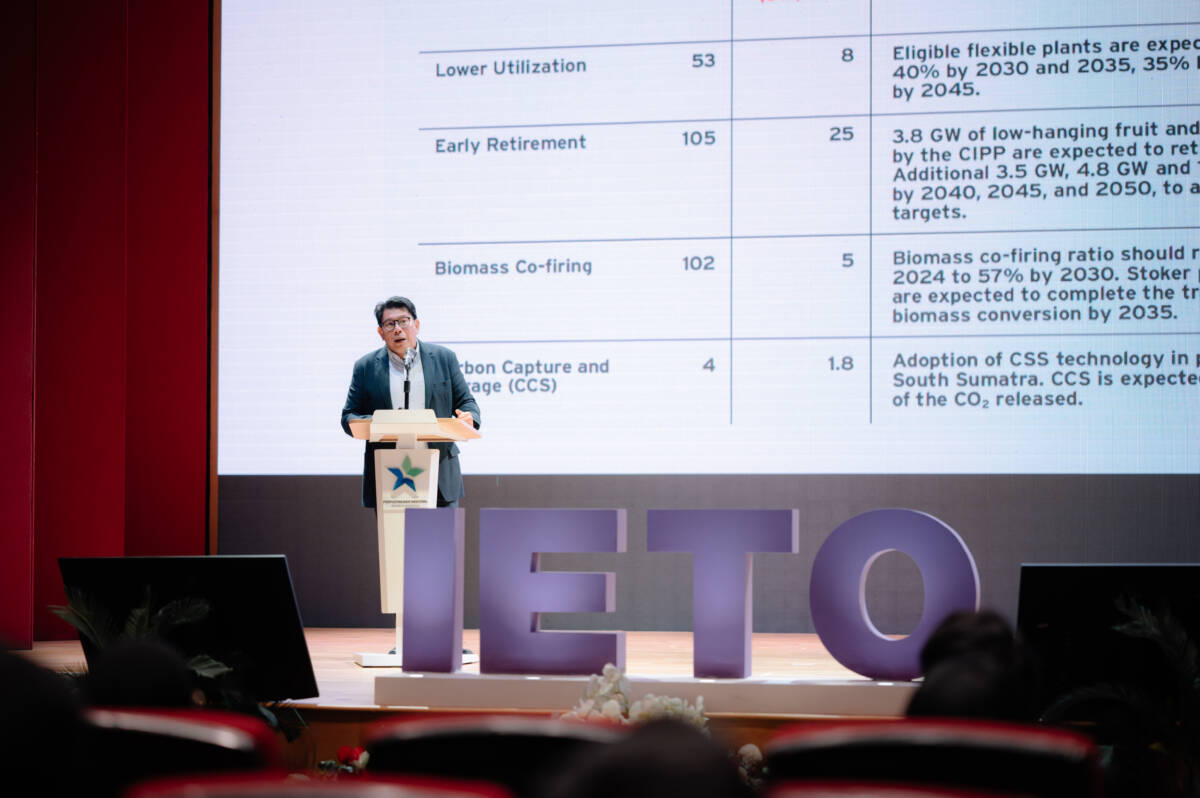
Clean Energy Transition is a Prerequisite for Indonesia’s High Economic Growth and Competitiveness
Jakarta, February 2, 2025 – The President’s Special Envoy for Climate and Energy, Hashim S. Djojohadikusumo, stated at the ESG Sustainability Forum ... Read more.
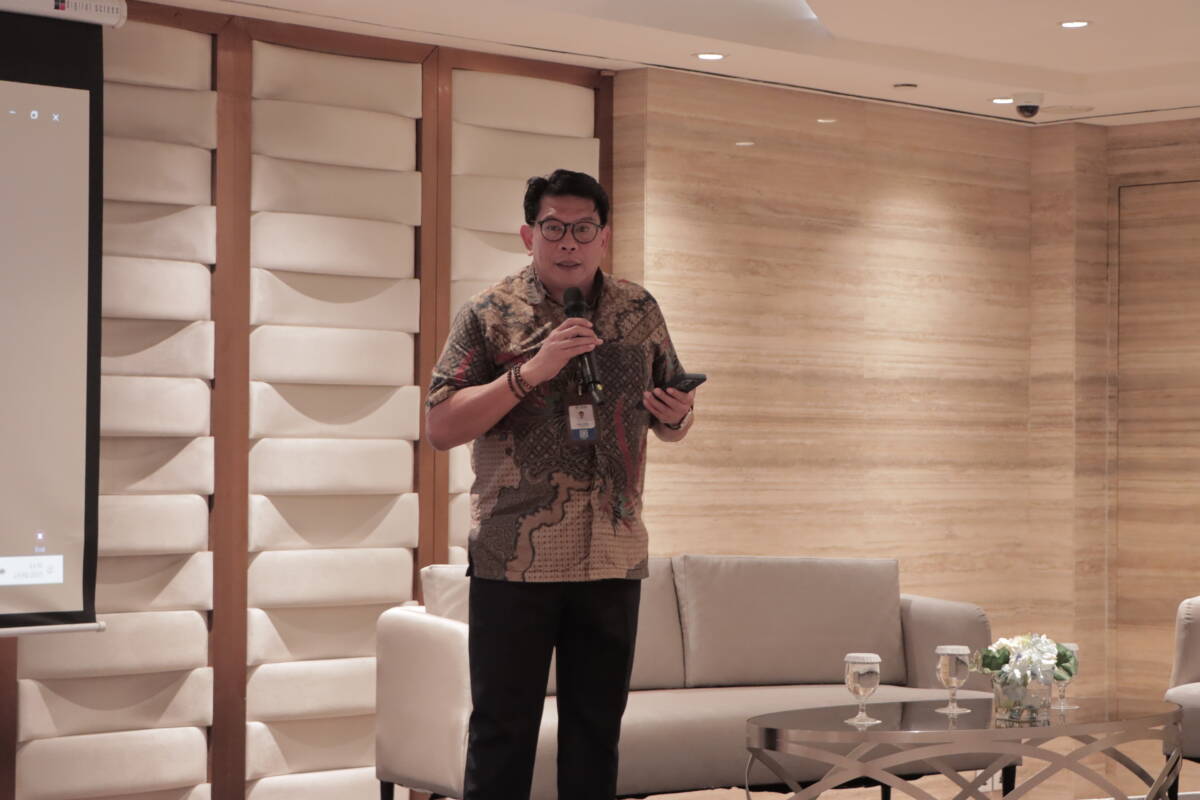
Accelerating Green Hydrogen Deployment through a Comprehensive National Hydrogen Roadmap
Jakarta, January 30, 2025 – Indonesia has 3,687 GW of renewable energy potential, a significant asset for developing green hydrogen. The Institute for Ess... Read more.
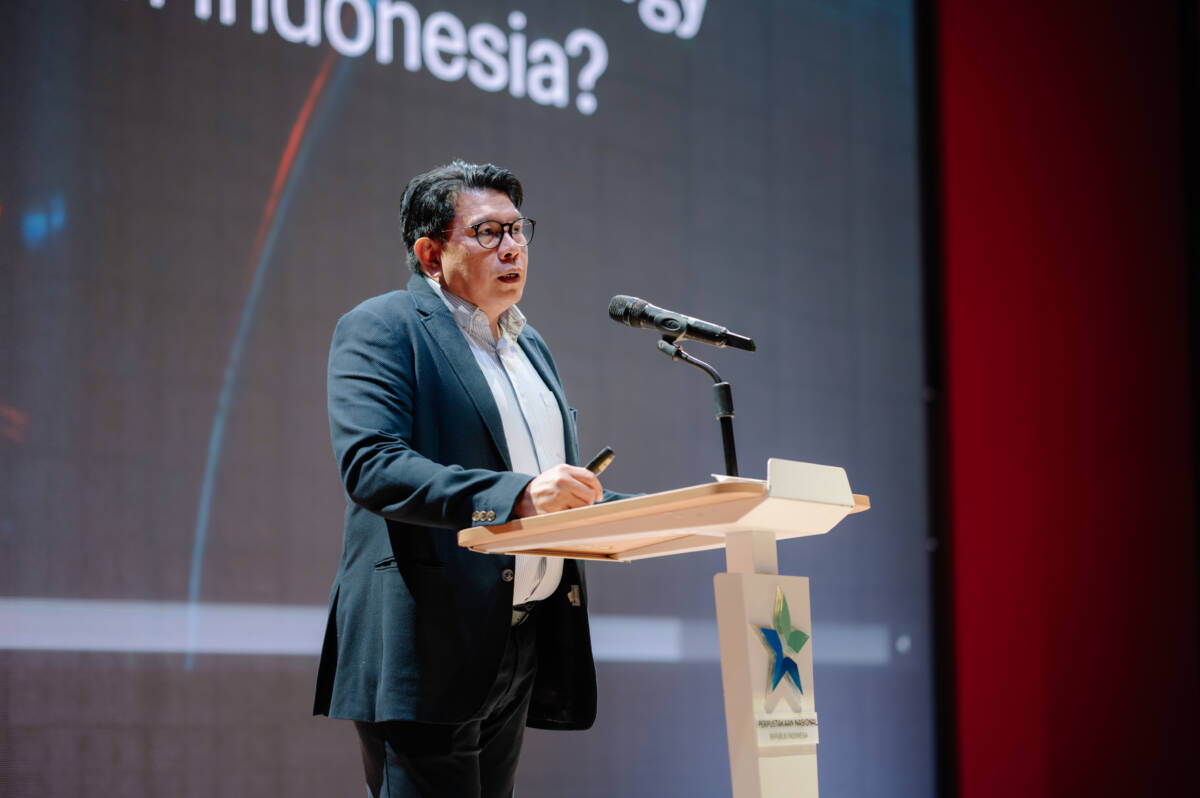
100 Days of Prabowo-Gibran: Opportunities to Accelerate Indonesia’s Energy Transition
Jakarta, January 22, 2025 – The administration of President Prabowo Subianto and Vice President Gibran Rakabuming Raka will complete 100 days on January 2... Read more.
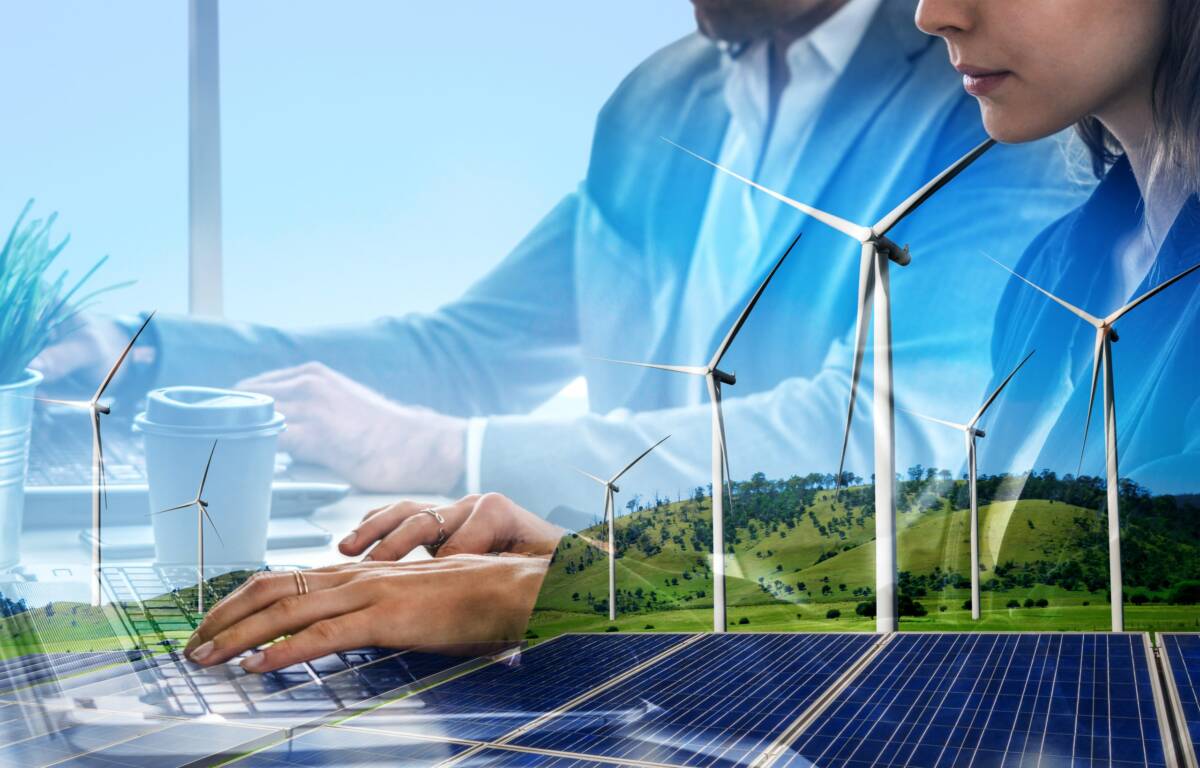
Indonesia’s Energy Sector Kaleidoscope 2024
As the year 2024 draws to a close, it is time to reflect on what has happened in Indonesia over the past year, especially in the energy sector which has…... Read more.
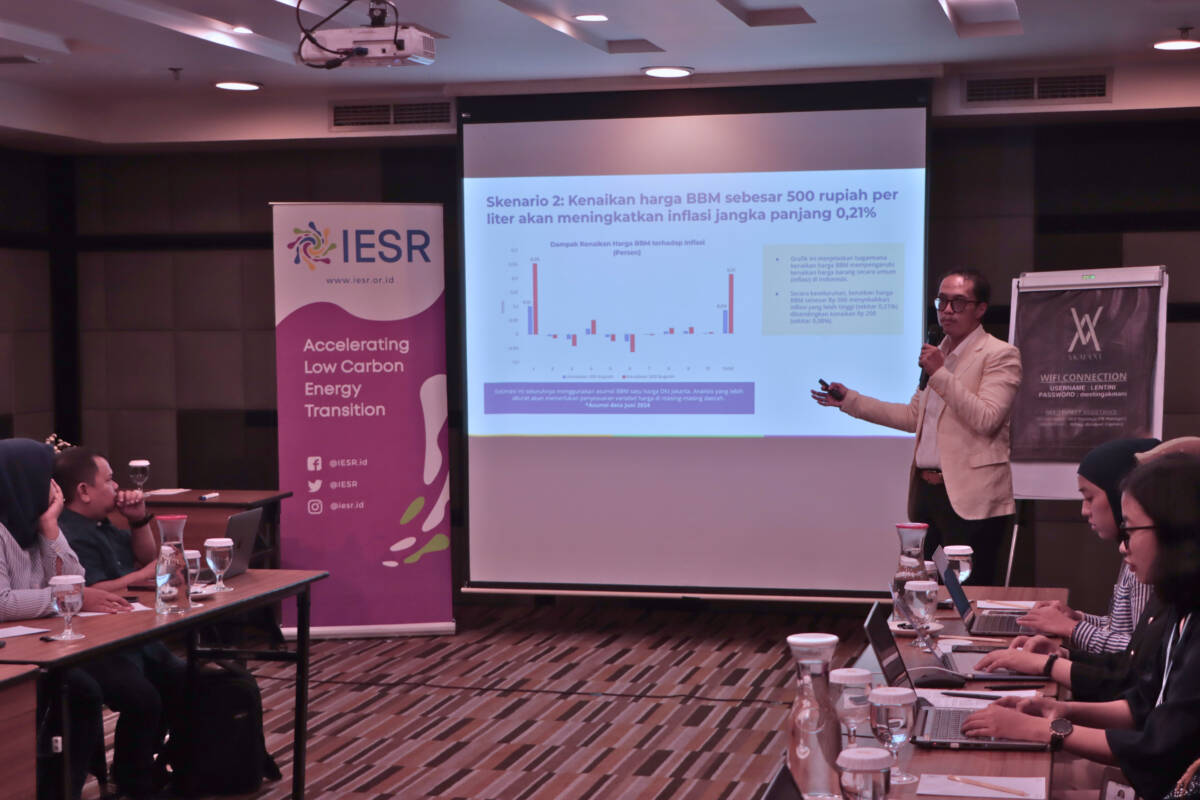
Anticipating and Overcoming Pollution with the Implementation of Euro IV Standard Fuel
Jakarta, December 17, 2024 – The government needs to anticipate the peak of pollution in various cities in Indonesia, especially Jabodetabek, which tends ... Read more.
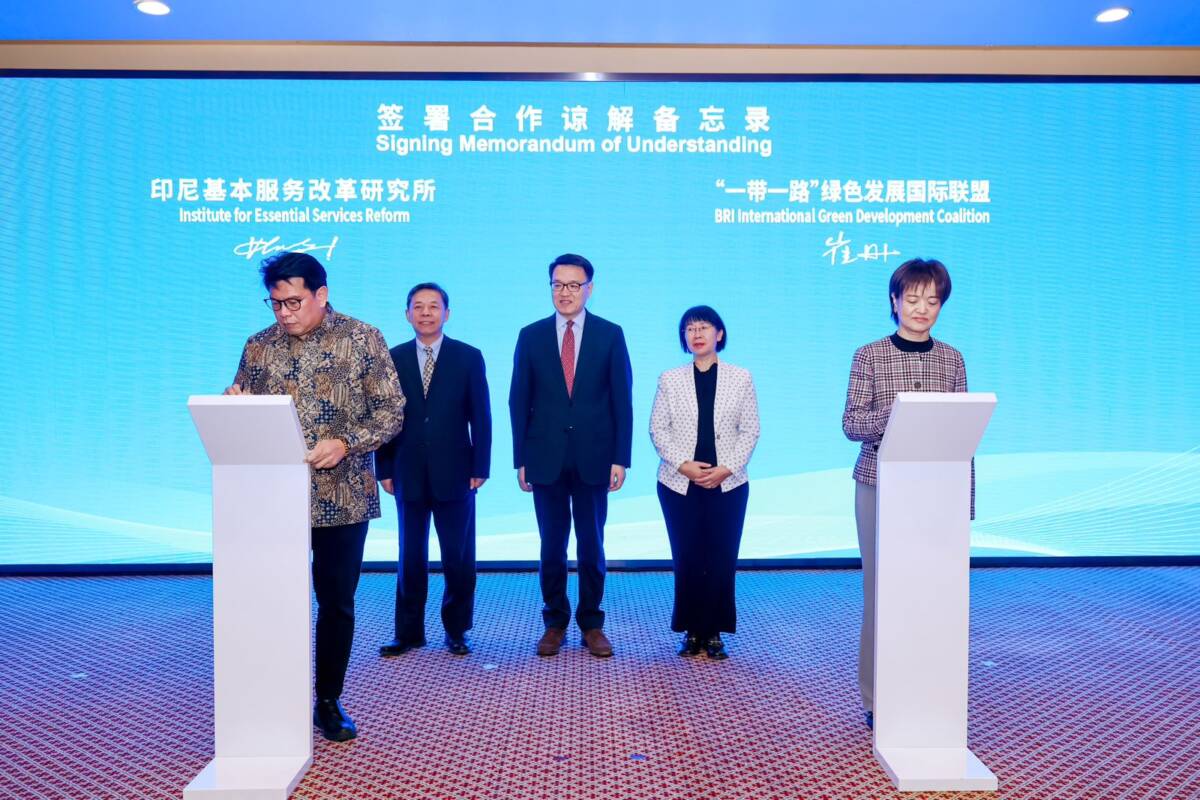
MoU Signing with BRIGC: IESR Fosters China and Indonesia Cooperation for Climate Goal and Energy Transition
IESR Executive Director Fabby Tumiwa (left) and BRIGC Secretary General Ciu Dandan (right) signed a Memorandum of Understanding (MoU) in Beijing, witnessed by... Read more.
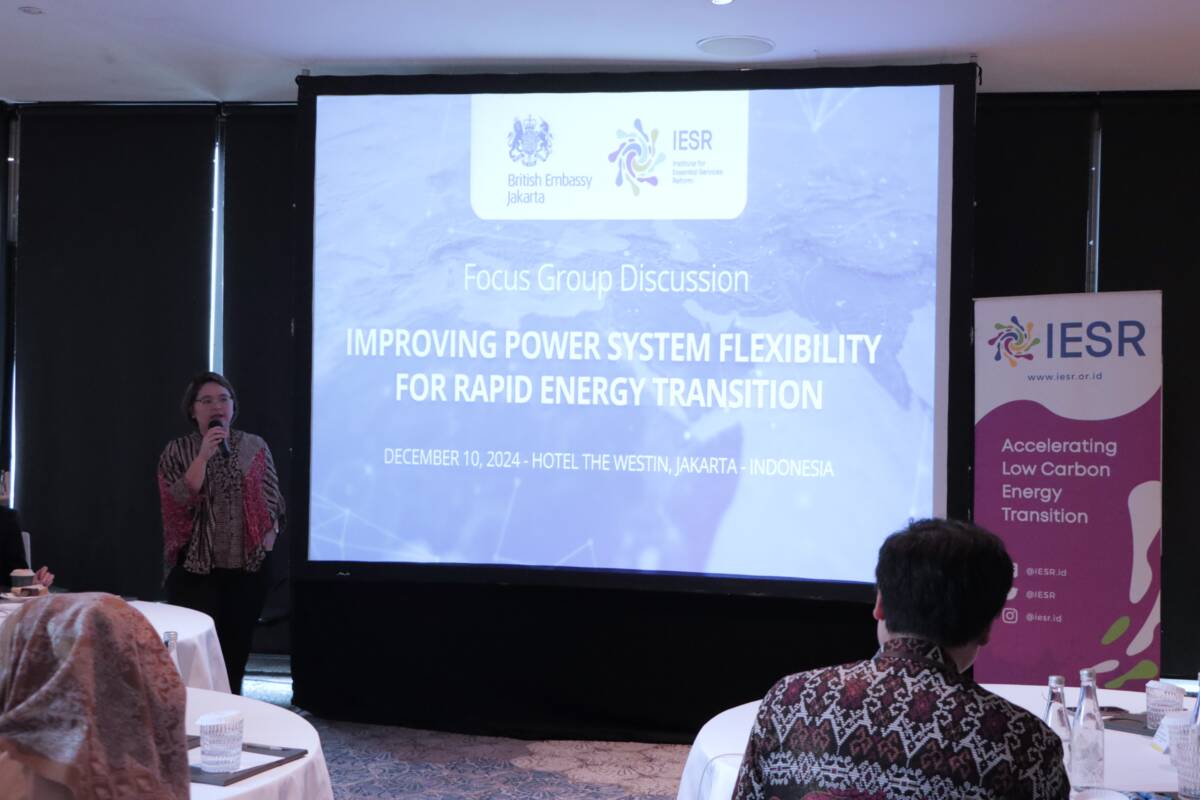
Reflecting on the UK’s Experience in Integrating Renewable Energy in its Power Grid
Jakarta, 11 December 2024– The Indonesian government acknowledges the importance of fostering the decarbonization of the energy system as it brings enviro... Read more.
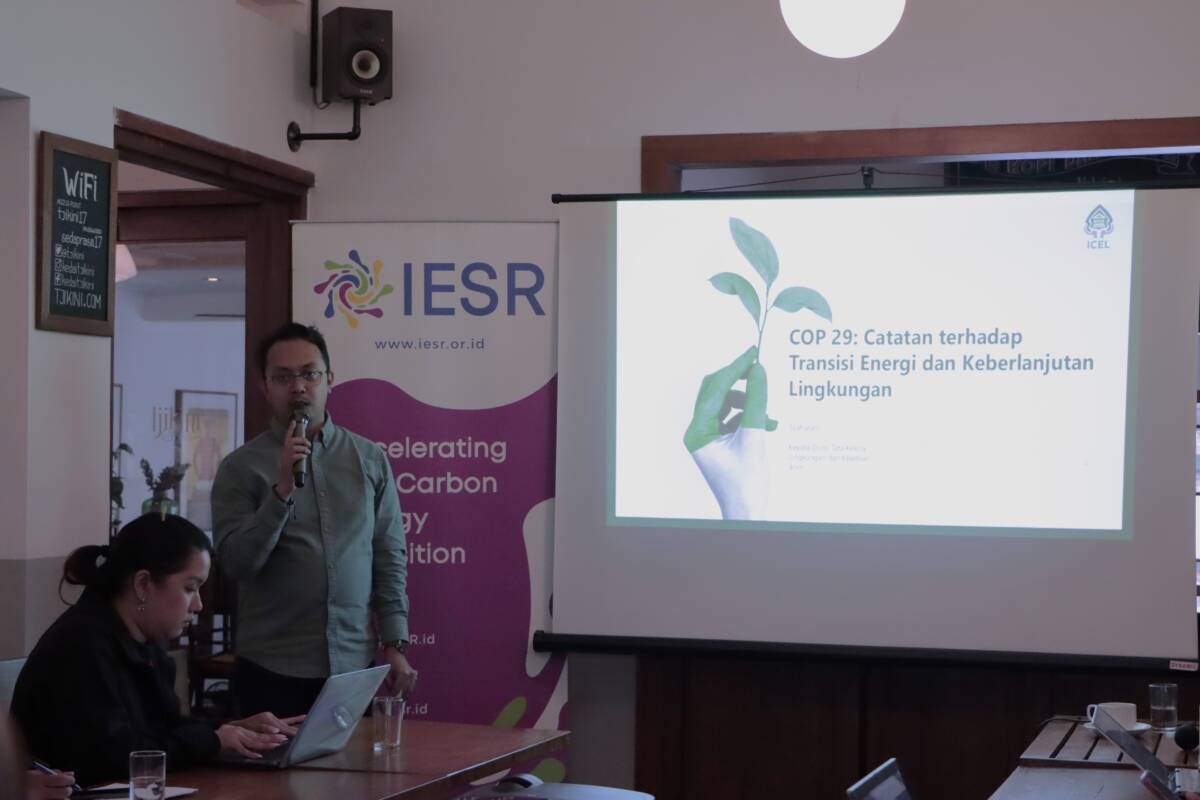
After COP-29: Indonesia Needs to Strengthen Climate Policy and Financing for Energy Transition
Jakarta, December 3, 2024 – The 29th Conference of the Parties on Climate Change (COP-29), originally expected to be a “Climate Finance” COP to suppor... Read more.
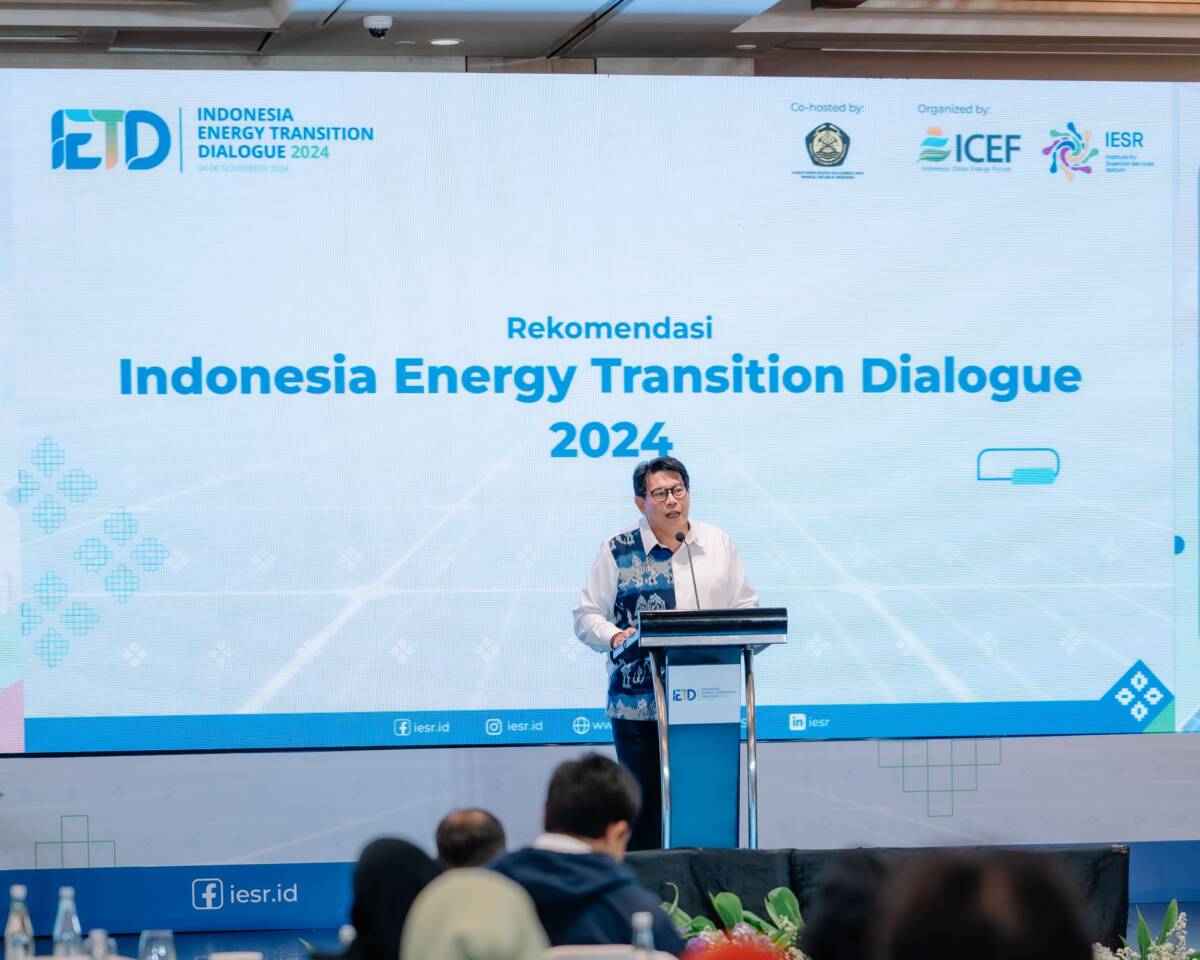
Renewable Energy Development Needs to be Accompanied by Energy Transition Strategy to Prevent Global Temperature Rise of 1.5 degrees
Jakarta, November 14, 2024 – The Indonesian government plans to build 100 Gigawatts (GW) of power plants with 75 percent of capacity from renewable energy... Read more.

